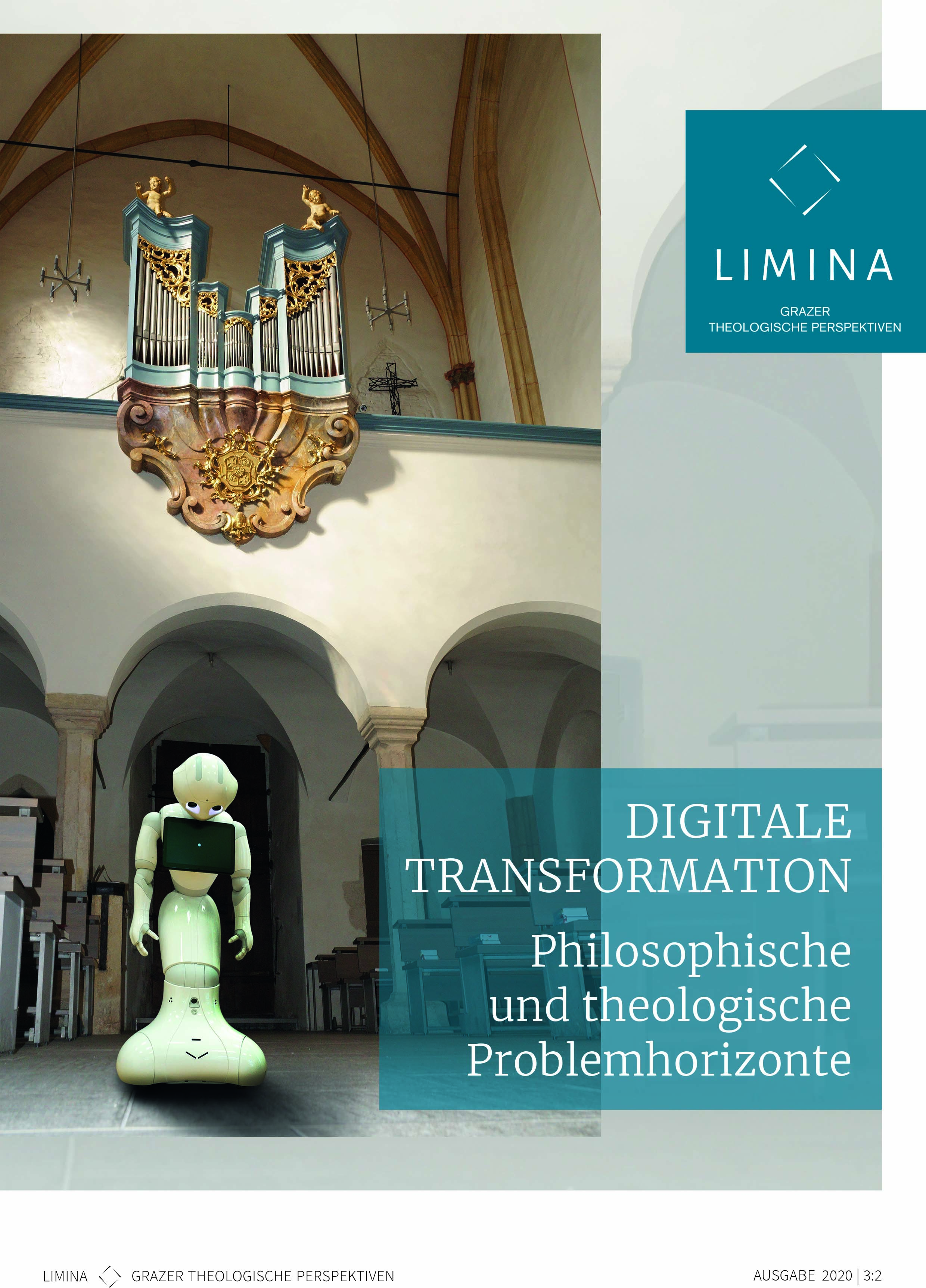Wirklichkeit und Erfahrbarkeit digitaler Welten Überlegungen zum Begriff der Virtualität
Hauptsächlicher Artikelinhalt
Abstract
Der Begriff „Virtualität“ nimmt eine besondere Stellung in der Frage nach
der Digitalisierung ein, obwohl es für ihn keine einheitliche Verwendungsweise
gibt. Unter Befürwortern wie Gegnern dieses Prozesses mutiert das
Virtuelle entweder zum Zauberwort, durch das alles möglich erscheint,
oder wird zum Kennzeichen einer Entwicklung, die den Schein untrennbar
mit der Realität vermischt. Mithilfe des Strukturansatzes von Gilles Deleuze,
bei dem der Begriff der Virtualität eine klare Funktion innehat, wird in
diesem Beitrag versucht, die Frage nach dem Virtuellen auf einen systematischen
Boden zu stellen. Dabei soll gezeigt werden, dass das Virtuelle und
das Digitale strikt voneinander zu unterscheiden sind und der Virtualitätsbegriff
bei Deleuze die Möglichkeit bietet, digitale Strukturen und das Digitale
als solches zu thematisieren. Die Verwirklichung dieser Strukturen soll
am Interface verdeutlicht werden, das die Schnittstelle zwischen Mensch
und Maschine darstellt, wobei die Maschine bedienbar und der Mensch zum
User wird. Das Interface weist spezielle Eigenschaften auf, die den Umgang
mit der Digitalisierung bestimmen werden, birgt aber auch Gefahren.
Artikel-Details
Das Copyright verbleibt ohne Einschränkungen bei den Autor:innen.
Der Inhalt von LIMINA steht unter der Creative Commons Attribution 4.0 International Licence. Mit der Einreichung eines Beitrags stimmen die Autor:innen den Nutzungsbedingungen der CC BY-Lizenz zu.

